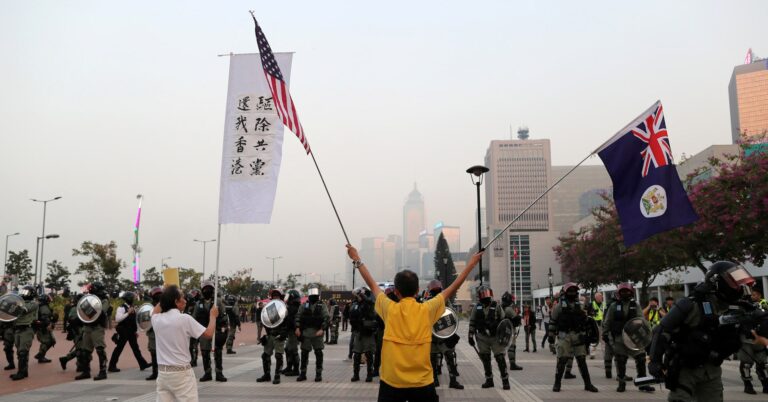GENEVA (Reuters) – China on Wednesday rejected Western-led human rights reform recommendations for greater freedoms in Hong Kong and for Uighurs in Xinjiang, but accepted other recommendations from allies and sought to defend its record at a United Nations meeting.
The council’s president, Omar Zunivel, said China had accepted about 70 percent of the more than 400 reform recommendations it received as part of the UN investigation.
“Human rights issues are making progress and development day by day in China,” Chinese Ambassador Chen Xu told the conference alongside a large delegation of Chinese diplomats and government officials. Chen said China rejects the recommendations, which are “politically motivated, based on disinformation, ideological bias or interference in China’s traditional sovereignty,” and denounced them as attempts to “smear and attack” China.
But China’s critics say the high acceptance rate is misleading, with one Western diplomat arguing that China has “created an unfavorable situation” by investing political capital in stifling criticism.
U.S. Ambassador for Human Rights Michelle Taylor also expressed disappointment at China’s lack of action.
“China’s human rights violations reject the UN’s assessment and recommendations and violate or undermine its international commitments,” she said. Other countries were more optimistic, including the Russian envoy, who praised China’s “constructive approach,” and the Gambian envoy, who praised the country’s progress.
China’s review by the UN is not unusual; all countries undergo the process every few years at the Human Rights Council, the only intergovernmental body dedicated to protecting human rights around the world.
sign up here.
Reporting by Emma Farge in Geneva; Editing by Matthew Lewis
Our standards: Thomson Reuters Trust Principles.

